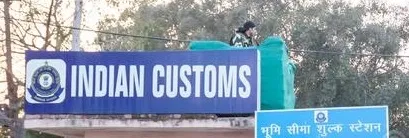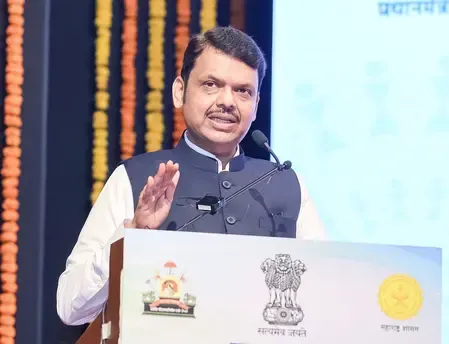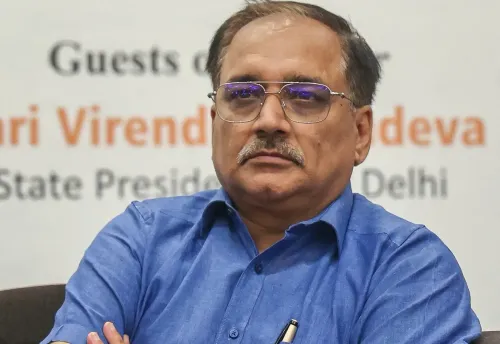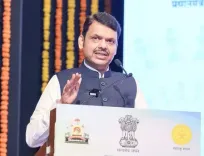How is Customs Enhancing Business with Auto-Approval for IFSC Codes?

Synopsis
Key Takeaways
- Auto-approval system for IFSC codes enhances efficiency.
- Eliminates manual approvals, speeding up the process.
- Supports exporters by ensuring prompt credit of incentives.
- Aligns with CBIC's goal to simplify trade procedures.
- Reflects the government's commitment to transparency and integrity.
New Delhi, Oct 7 (NationPress) In a significant advancement towards optimizing Customs operations and bolstering trade facilitation, the Central Board of Indirect Taxes and Customs (CBIC) has launched a system-driven auto-approval mechanism for IFSC code registration. This initiative aims to streamline the ease of doing business, as per an official communication released on Tuesday.
The new system will automatically sanction requests for registering the same incentive bank account and IFSC code linked to a specific Importer Exporter Code (IEC) across multiple Customs locations, provided that this combination has previously received approval at any one location. This innovation eliminates the need for manual intervention by port officers, allowing direct approval of such requests, according to the statement.
The primary goal of this initiative is to facilitate rapid processing of bank account and IFSC code approval requests, simplify the registration process across various ports, ensure prompt and seamless credit of export incentives into exporters' bank accounts, and enhance overall trade efficiency.
Export-related benefits will be credited to the bank account designated by the exporter within the customs automated system. Additionally, there is an existing provision for online registration of the Authorised Dealer (AD) Code by exporters on the ICEGATE platform.
Previously, requests for registering incentive-linked bank accounts and IFSC codes under an IEC required approvals from Customs officers at each port, often leading to redundant efforts and delays, especially when the same bank account and IFSC combination were registered across different customs stations.
This progressive move aligns with CBIC's initiatives to harness technology for simplifying procedures, lowering transaction costs, and augmenting the ease of doing business for India's trading community, as stated.
Finance Minister Nirmala Sitharaman has reiterated that it is the responsibility of tax department officials to serve the taxpayers, emphasizing the importance of transparency and integrity in this process.
"Our duty is to serve the taxpayer. Transparency and integrity are vital in building trust and confidence. I am confident that the Board and the field formations will remain attentive and responsive," she remarked recently.








